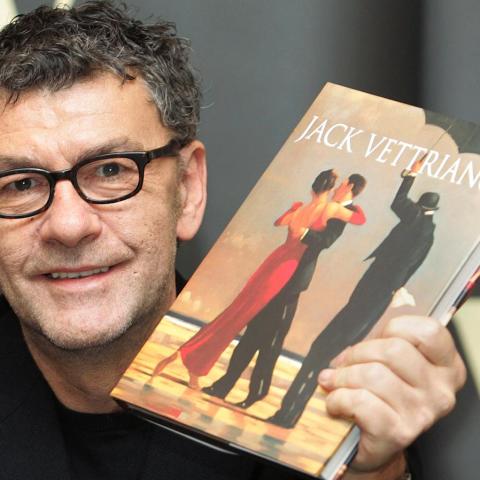Pope Leo XIV kicked off his tenure by calling the Catholic Church to respond urgently to a growing lack of faith among people. During his first mass at the Vatican, he noted the risks of people putting their beliefs in technology, money, and pleasure instead of spirituality.
At 69, Leo, the first U.S. pontiff, wore a striking white robe adorned with gold as he spoke to the cardinals in Sistine Chapel. His message was clear: the Church must shine brightly in today’s world, which often looks past faith. He described the Church as a “beacon” in dark times and emphasized that the loss of faith is linked to a loss of meaning in life, increased human rights violations, and family crises.
Catholics worldwide celebrated his election with cheers in St. Peter’s Square, where tens of thousands gathered upon learning of his selection. Leo emerged on the balcony, sharing his vision of a Church focused on dialogue and bridge-building. He echoed his predecessor, Pope Francis, emphasizing the importance of peace and community.
World leaders quickly congratulated him, with U.S. President Donald Trump noting the historic nature of having an American pope. Prior to his election, Prevost served as Bishop of Chiclayo in Peru, known for his work with underprivileged communities. His experiences there have shaped his compassionate approach to leadership.
Historically, the Catholic Church has faced challenges similar to those today. After World War II, many people turned away from organized religion as societal values shifted. Experts suggest that Leo’s focus on bridging divides might resonate with a modern audience, particularly with younger generations seeking authenticity and connection.
Statistics show that more people today identify as “nondenominational,” a trend that highlights the need for the Church to adapt and reach out meaningfully to these groups. According to a 2021 Pew Research report, nearly 29% of U.S. adults no longer identify with any religious group, potentially reflecting a global phenomenon. This underscores the urgency in Leo’s call for a renewed missionary spirit within the Church.
The new Pope’s ability to navigate these changes effectively could define his papacy. His upcoming remarks, particularly during significant events like the Sunday Regina Coeli prayer, will be closely monitored for insights into his plans. This pivotal moment offers a chance for the Church to reinvent itself and fulfill its role in a rapidly evolving world.
As Leo stands at the helm of a world grappling with conflict and division, observers hold hope that his compassionate leadership will inspire unity and dialogue among all communities.
For more on faith and its societal impact, explore this Pew Research study.






















